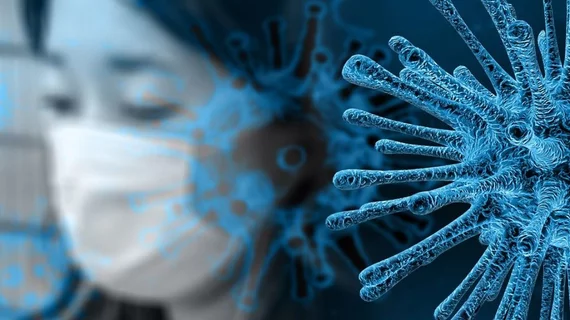On the hunt for coronavirus: AI solution scans imaging results for signs of fatal disease
Ping An Insurance (Group) Company of China has launched a new AI-powered system for evaluating CT scans for signs of the Wuhan coronavirus, or COVID-19.
Ping An, a China-based technology company with more than 200 million retail customers and more than 500 million online users, hopes this free-to-use solution can “help control the epidemic through earlier diagnoses and treatment.”
Ping An Smart Healthcare—a subsidiary of Ping An Smart City that works closely with AI, blockchain and cloud technology—developed the solution. Healthcare providers using the system will also be given access to cloud platforms as needed.
“Since its launch, the smart image-reading system has provided services to more than 1,500 medical institutions,” Geoff Kau, co-president and chief strategy officer of Ping An Smart City, said in a prepared statement. “More than 5,000 patients have received smart image-reading services for free. The system can generate smart analysis results in around 15 seconds, with an accuracy rate above 90%.”
“Patients with COVID-19 need multiple CT scans during the treatment,” Xiao Jing, Ping An’s chief scientist, said in the same statement. “Comparing multiple images is a time-consuming task and it cannot be accurately completed manually. Utilizing Ping An Smart Healthcare's COVID-19 smart image-reading system, it can effectively improve the diagnostic accuracy and the doctor's image-reading efficiency.”

